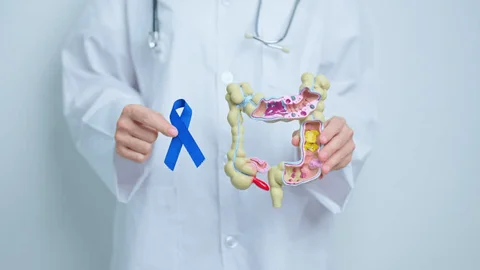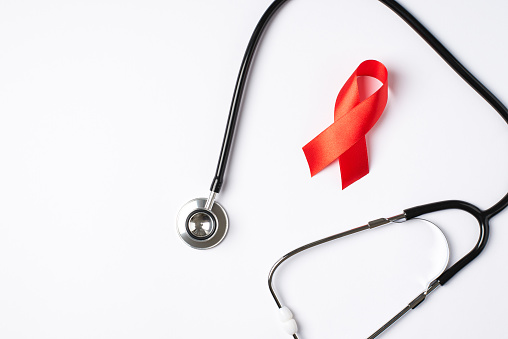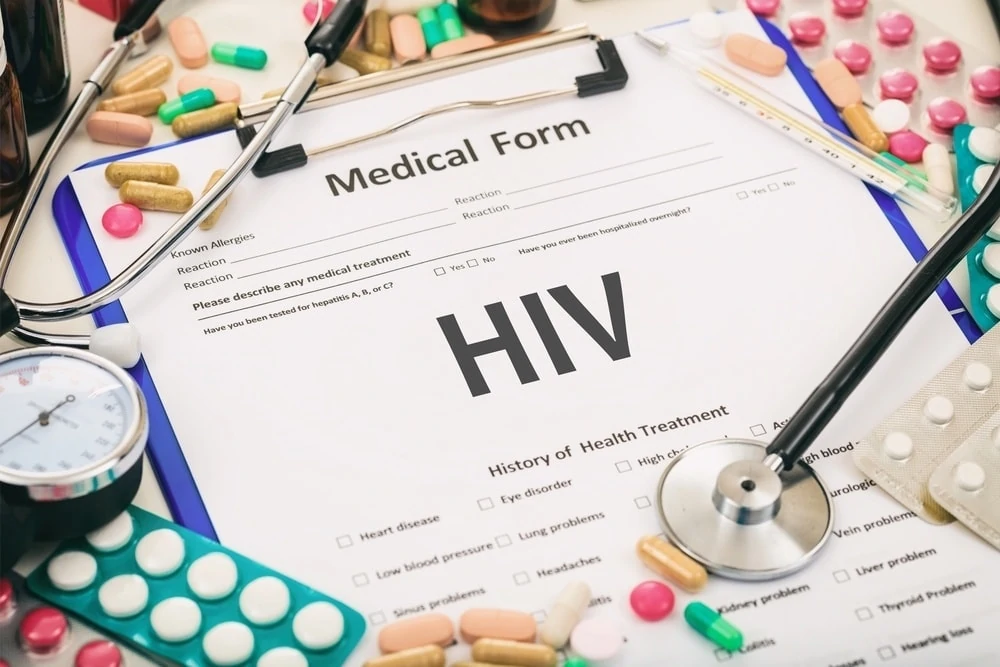
When it comes to digestive health, Ulcerative Colitis (UC) and Crohn's Disease are two of the most common conditions that affect millions of people worldwide.
Although both fall under the umbrella of Inflammatory Bowel Disease (IBD), they have key differences that can significantly impact treatment and management. In this article, we'll walk you through the symptoms of each condition so you can better understand your health—and seek the right care when needed.

What Is Ulcerative Colitis?
Ulcerative Colitis is a chronic condition that causes long-lasting inflammation and ulcers in the inner lining of the large intestine (colon). It usually begins in the rectum and spreads upward, affecting part or all of the colon. Common symptoms of UC include:
- Frequent Diarrhea: Often with blood or mucus.
- Abdominal Pain and Cramping: Especially in the lower left side.
- Urgent Need to Defecate: A constant feeling of needing to use the bathroom.
- Fatigue: Persistent tiredness despite adequate rest.
In some cases, UC can lead to complications like dehydration, weight loss, or colon perforation. Left untreated, it can cause severe health issues.
What Is Crohn’s Disease?
Crohn's disease is another type of IBD that can affect any part of the gastrointestinal (GI) tract—from the mouth to the anus. Unlike UC, which affects only the colon, Crohn's can cause inflammation in patches throughout the digestive tract, often extending deeper into the bowel walls. Symptoms include:
- Abdominal Pain: Often in the lower right side.
- Chronic Diarrhea: Sometimes with blood or mucus, though less frequent than in UC.
- Unexplained Weight Loss: Due to malabsorption of nutrients.
- Fatigue and Fever: Often accompanied by nausea or lack of appetite.
- Mouth Sores: Painful lesions inside the mouth.
In severe cases, Crohn’s can lead to strictures (narrowing of the intestines), fistulas (abnormal connections between organs), or abscesses.
Key Differences Between UC and Crohn’s Disease
While both conditions share common symptoms such as diarrhea and abdominal pain, there are important differences to look out for:
- Location of Inflammation: UC is limited to the colon and rectum, whereas Crohn’s can affect any part of the digestive tract.
- Type of Inflammation: UC causes continuous inflammation, while Crohn's causes inflammation in patches, sometimes leaving areas of healthy tissue in between.
- Bowel Movements: UC often presents with bloody stools due to ulcers in the colon, while Crohn’s can sometimes cause more chronic symptoms without visible blood in stools.
- Severity: While both conditions can lead to serious complications, Crohn’s has a higher likelihood of leading to structural changes in the bowel, like fistulas or strictures.
When to See a Doctor?
If you experience persistent digestive issues such as chronic diarrhea, abdominal pain, or fatigue, it’s crucial to consult a healthcare provider for proper diagnosis. A combination of blood tests, stool samples, colonoscopy, and imaging techniques will help determine whether you have UC, Crohn’s, or another gastrointestinal condition.
Both Ulcerative Colitis and Crohn’s Disease can have a significant impact on your quality of life, but with the right treatment plan, it is possible to manage symptoms and reduce flare-ups. Early diagnosis and personalized treatment are essential in preventing long-term complications.
Take Charge of Your Health Today
Don’t let digestive issues control your life. Discover more about the symptoms, causes, and treatments of Ulcerative Colitis and Crohn’s Disease to make informed decisions for your health. Consult a specialist for a personalized plan to help you manage your condition and live your life to the fullest.







